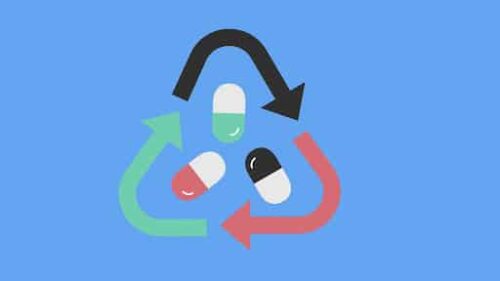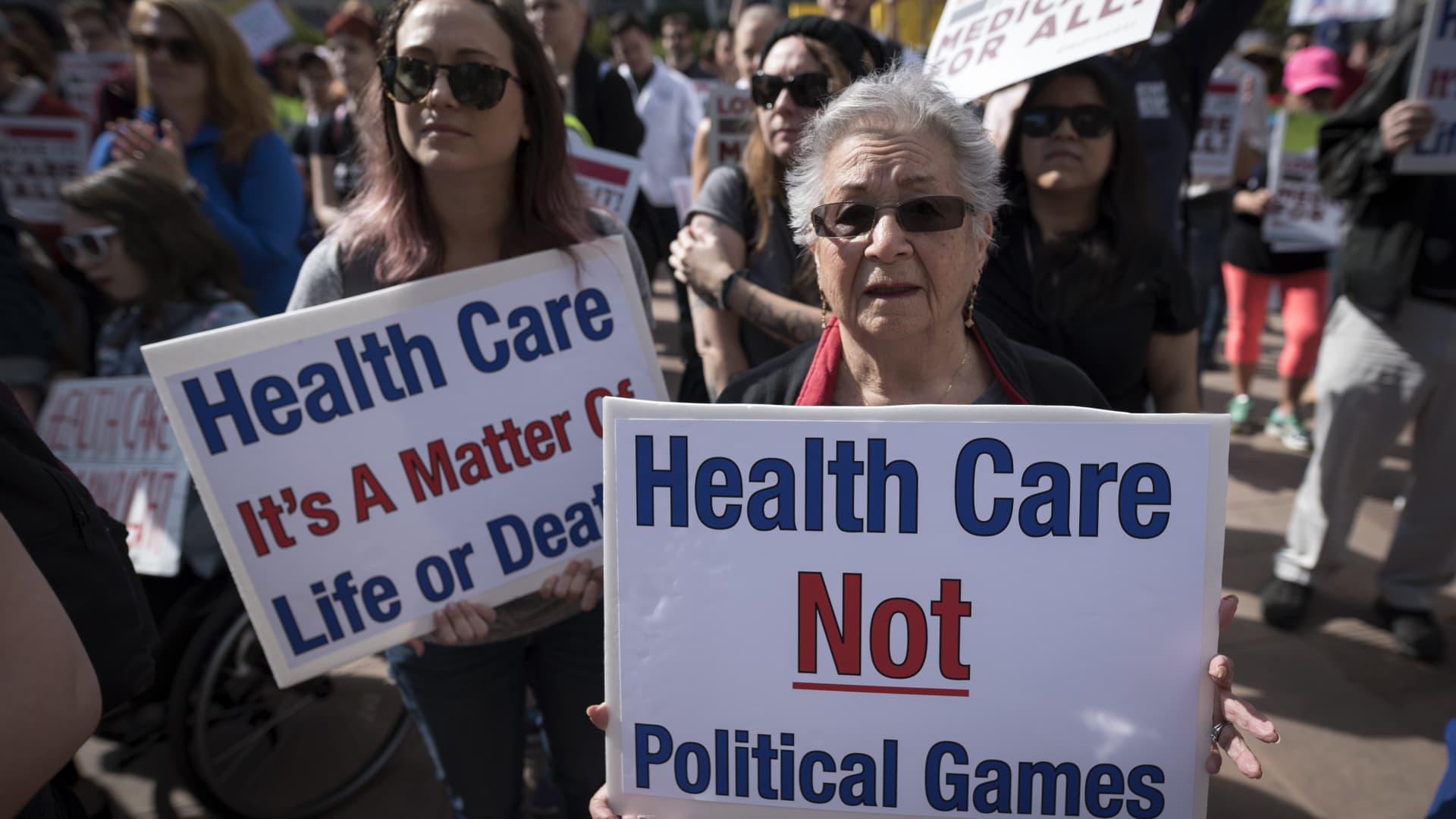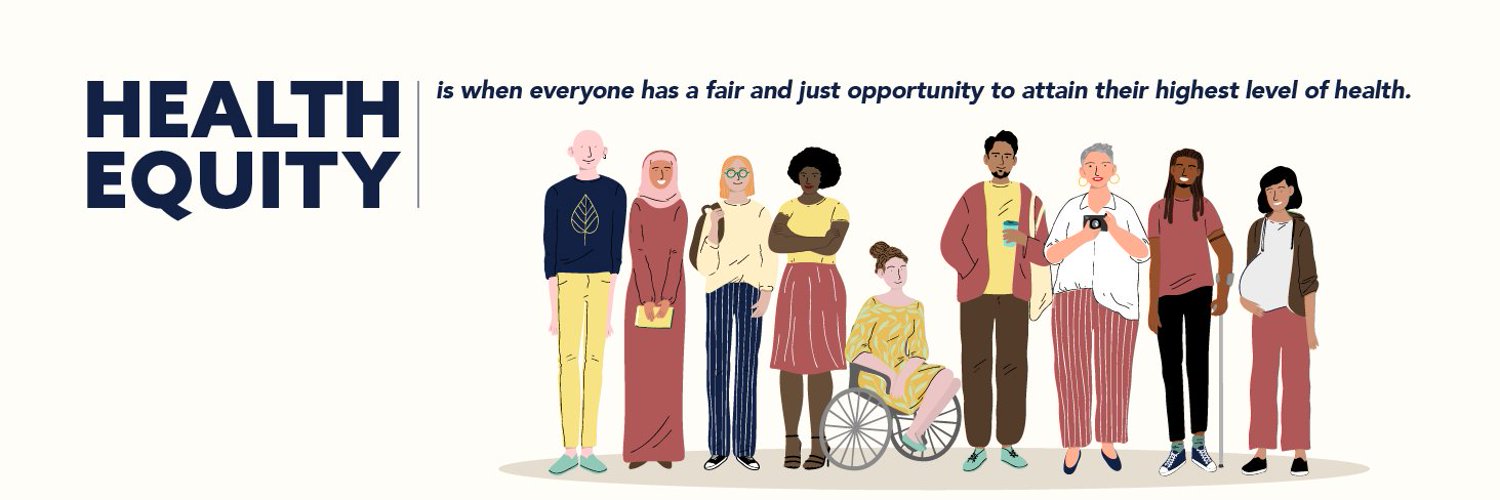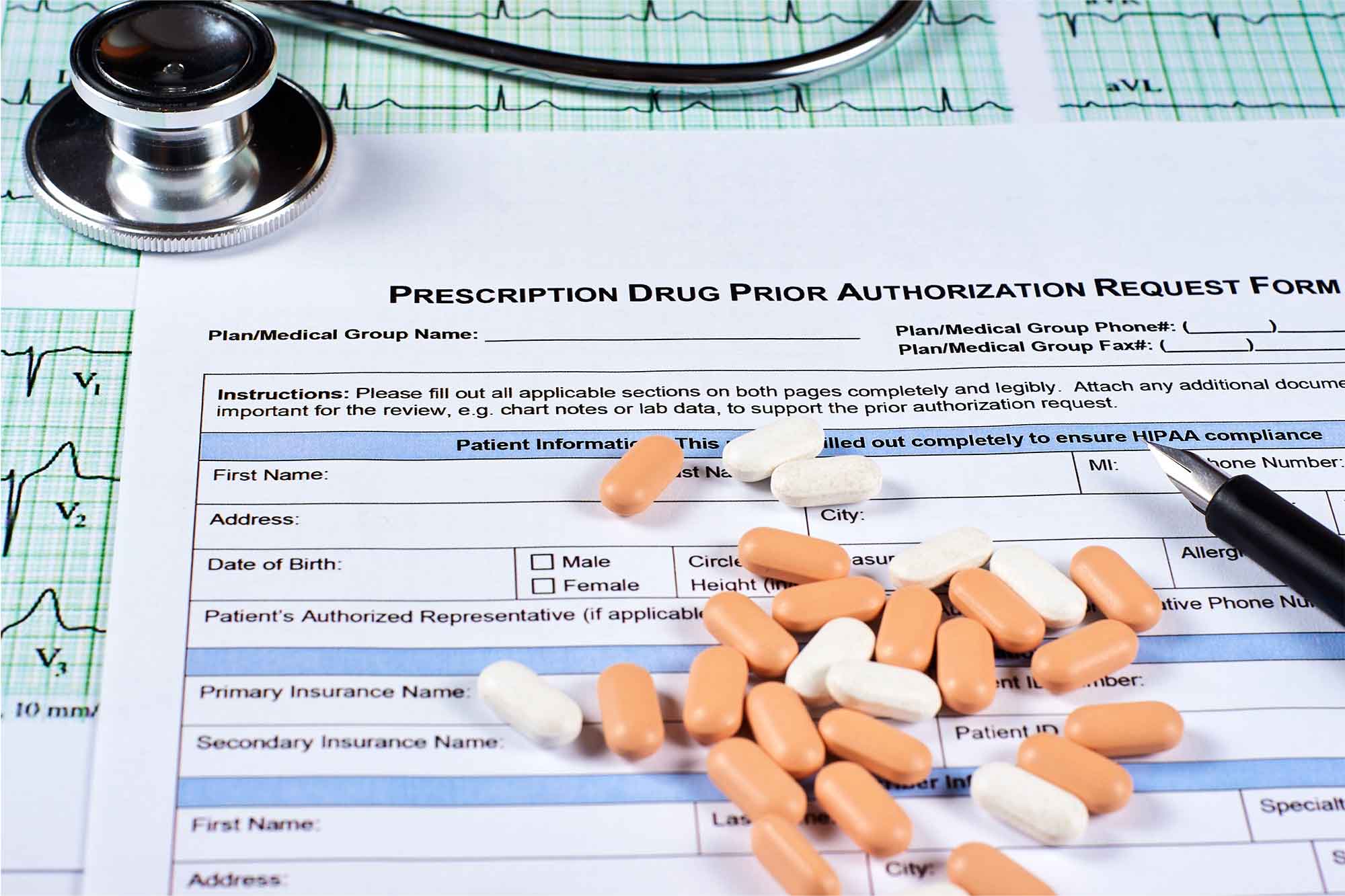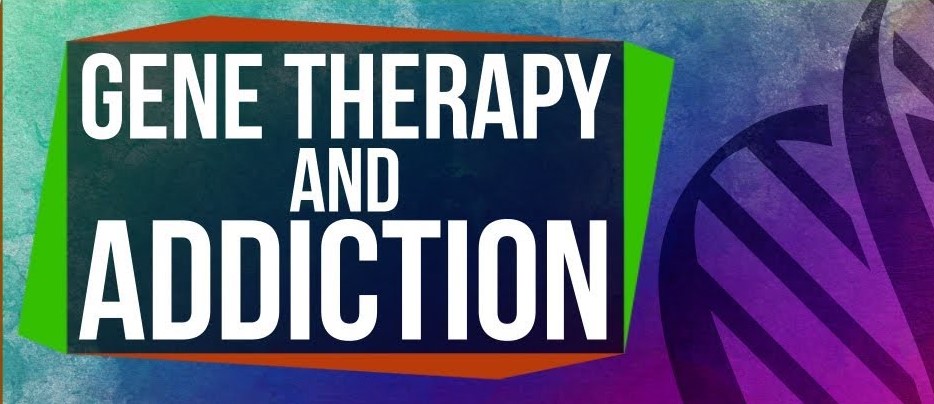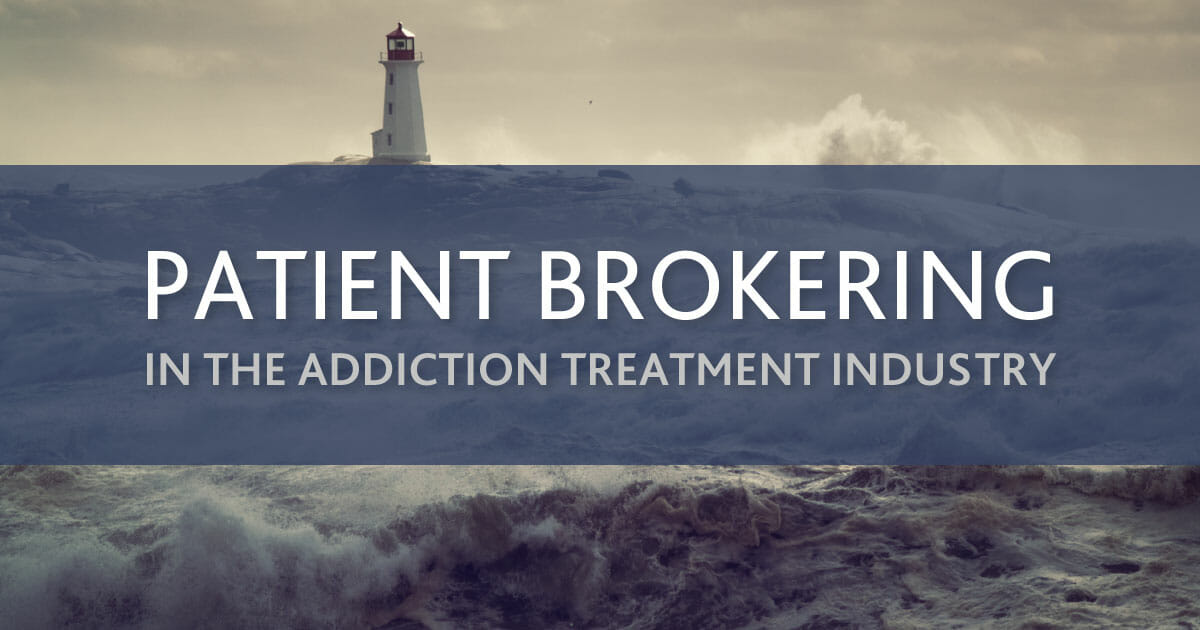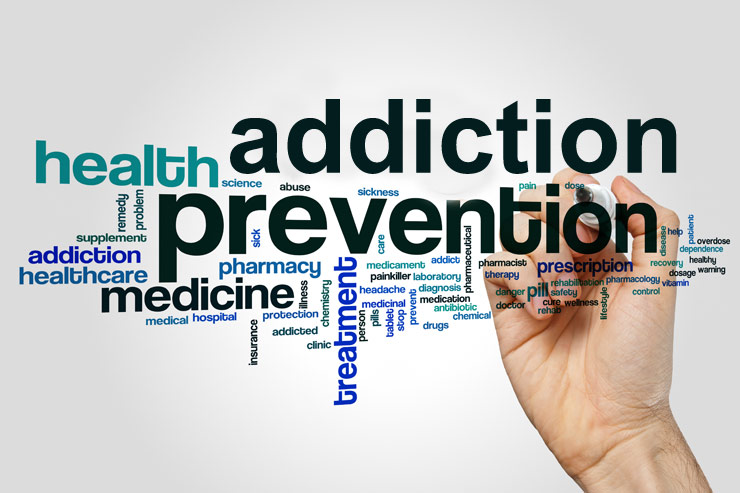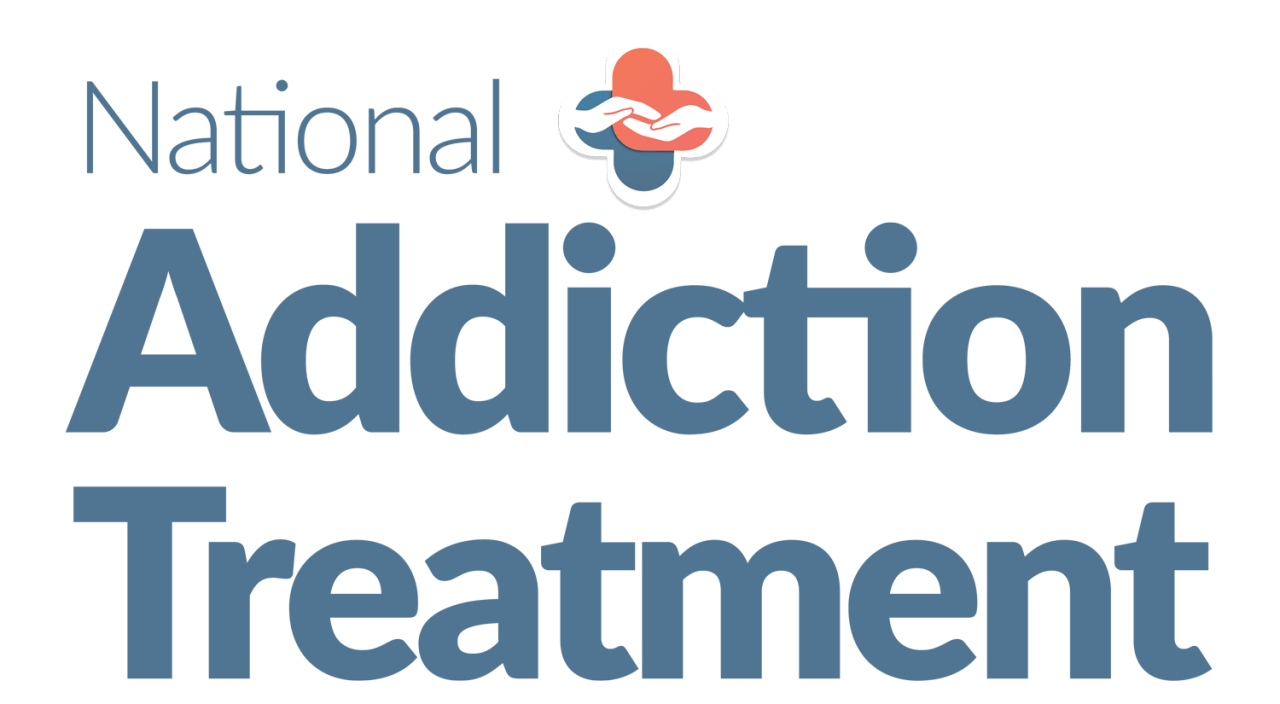Repurposing Drugs in Addiction
Repurposing existing drugs for addiction offers faster, low-cost treatment options but faces challenges like limited evidence, safety risks, low industry interest, and ethical concerns. Government agencies help guide regulation, research, and access. Repurposed Medications for Addiction Treatment Repurposing existing medications—originally developed for other health conditions—is a promising and efficient strategy in addiction treatment. Since many … Read more
